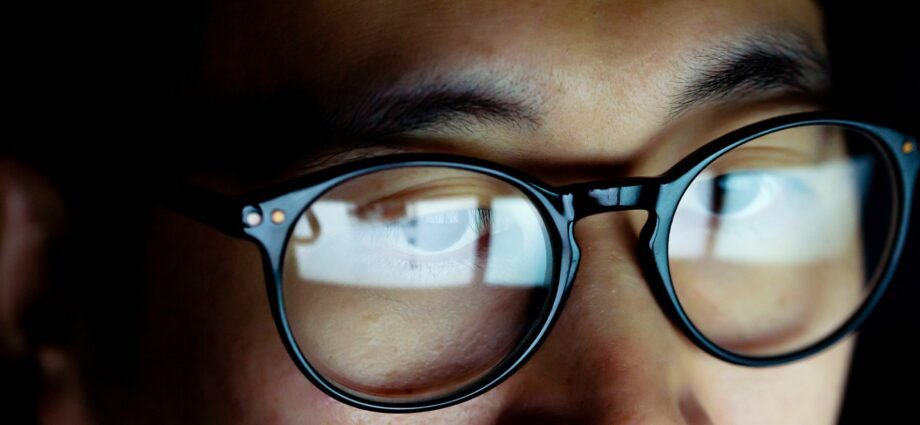As soon as you involuntarily look at the sun without glasses, dark spots begin to flicker before your eyes … But what happens to your eyes if this is not an accidental careless glance at a powerful light source, but a constant test?
Without sunglasses, ultraviolet light can seriously damage your eyesight.
It is enough to hold your gaze at the sun for a couple of minutes, and your eyes will be irreversibly damaged. Of course, hardly anyone “accidentally” will manage to look at the sun for a long time. But even apart from the harm from direct sunlight, ultraviolet light can still seriously impair vision.
If you go into details, then the retina of the eye will suffer, which, in fact, perceives and transmits to the brain images of everything that we see around us. Thus, it is very easy to get a retinal burn in the central zone, the so-called macular burn. At the same time, you may preserve peripheral vision, but you will lose the central one: you will not see what is “under your nose”. And after the burn has passed, the retinal cones will be replaced by scar tissue, and it will be impossible to restore vision!
“Excess sun is a risk factor for eye cancer. Although malignant neoplasms in the eyeball are rare, there are still such cases, – says ophthalmologist Vadim Bondar. “In addition to sunlight, such traditional parameters as smoking, overweight and various chronic diseases can become such risk factors.”
To avoid such consequences, it is necessary to pay due attention to eye protection: first, choose the right sunglasses and lenses.
Replace your regular lenses with sun lenses in the summer.
Going to the resort and planning to sunbathe there, be sure to buy special “thick” beach glasses with a UV filter. It is important that they fit snugly to the face, not allowing the sun’s rays to penetrate from the side. The fact is that ultraviolet light tends to reflect off surfaces, including water and sand. Remember the stories about polar explorers who were blinded by the sun’s rays reflected by the snow. You don’t want to follow in their footsteps, do you?
If you wear contact lenses, you are in luck! There are lenses commercially available with a UV filter, which of course fit snugly around the eyes and protect them from harmful radiation. But many do not put on their lenses before going to the beach, for fear of getting in the eyes of sand or sea water. And in vain: by removing them, you put your eyesight at double risk. The lacrimal glands stop effectively wetting the eyes, and they are more affected by sunlight. This means that if you are still not ready to wear lenses on the beach, then “artificial tear” drops must be in your first aid kit. And of course, don’t forget your sunglasses!










